For Scientists
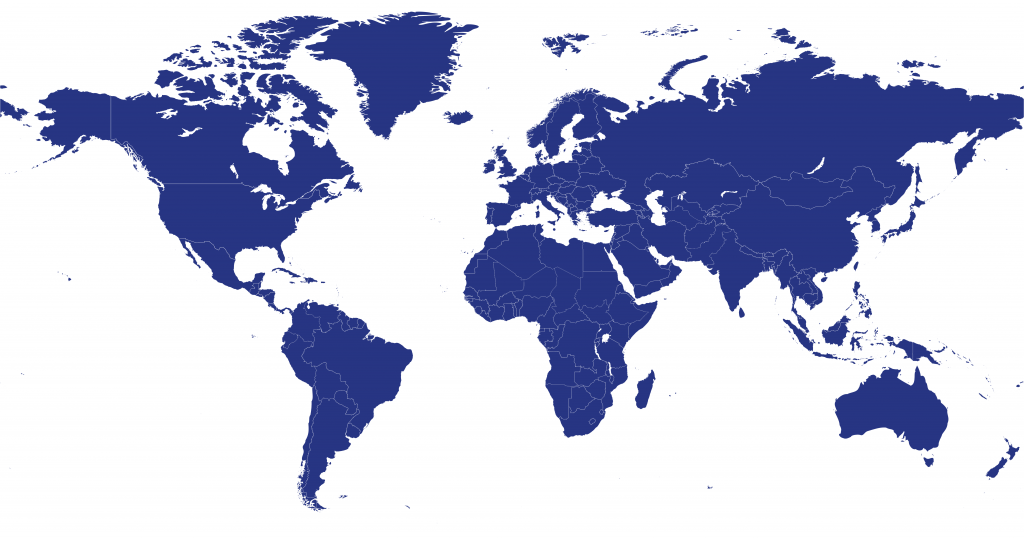
CAA Research Worldwide

The research group at the University of Calgary investigates neuroimaging biomarkers of cognitive decline in older adults with symptomatic CAA, aiming to identify new ways to diagnose and monitor CAA and to discover the mechanisms by which CAA interferes with brain function.

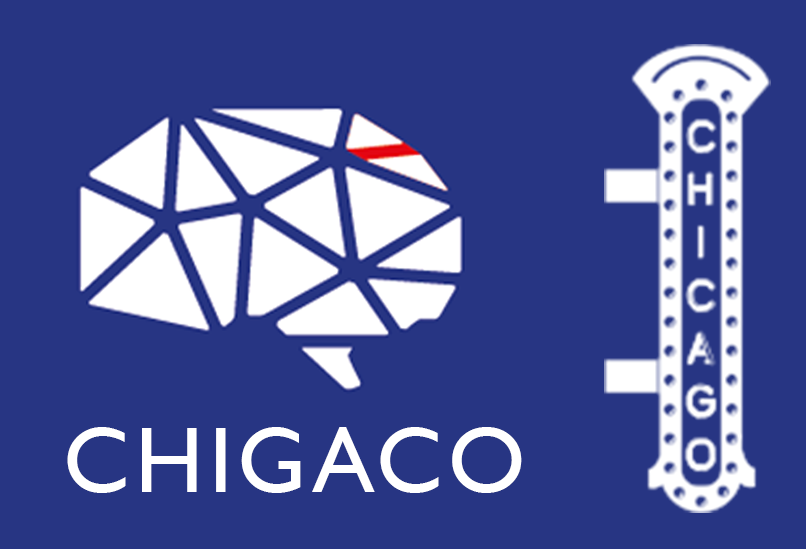


Initiated in 1994, the CAA Research Program at Massachusetts General Hospital is focused on the development, diagnosis, and treatment of CAA. The research is divided into a clinical program that focuses on the molecular epidemiology of CAA and a laboratory program studying its pathogenesis. See for more information: https://www.angiopathy.org/.

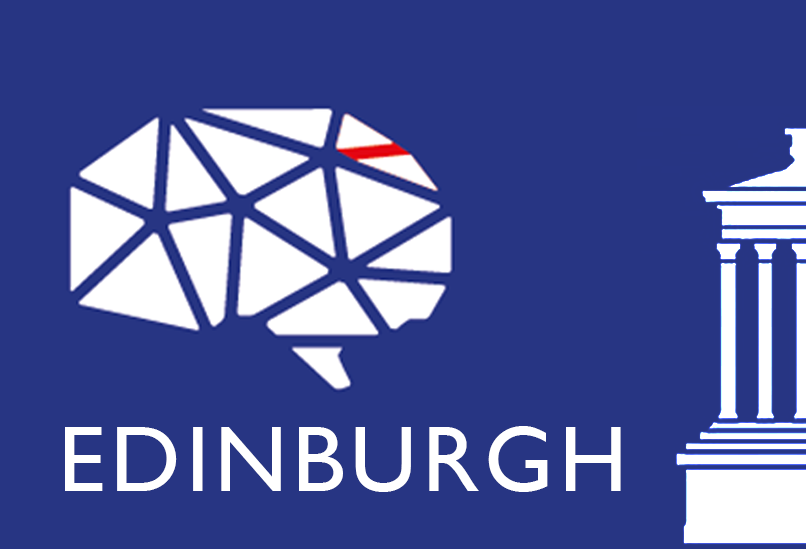
The Research to Understand Stroke due to Haemorrhage (RUSH) programme at The University of Edinburgh is dedicated to improving the outcome for adults who have diseases that may cause, or have caused, stroke due to brain haemorrhage (www.RUSH.ed.ac.uk). Fundamental study designs of clinical epidemiology is the foundation of their focus on the frequency, prognosis, treatment, and pathophysiology of brain haemorrhage. CAA is one of their interests amongst the many causes of brain haemorrhage. The Lothian INtraCerebral Haemorrhage Pathology, Imaging and Neurological outcome (LINCHPIN) study has led to the Edinburgh CT and genetic diagnostic criteria for lobar ICH associated with CAA, the related Edinburgh Criteria for CAA-associated ICH Training (ECCITING), and contributions to collaborative multicentre projects such as version 2.0 of the Boston MRI diagnostic criteria for CAA.


The UCL Stroke Research Centre conducts
translational research in all aspects of stroke, in close collaboration with
the clinical stroke service based at the National Hospital for Neurology and
Neurosurgery, Queen Square. Professor David Werring leads this group; he has
clinical and research expertise in CAA, as well as intracerebral haemorrhage
and cerebral small vessel diseases more generally. His group carries out
research in many aspects of CAA including projects using advanced neuroimaging,
body fluid biomarker studies, and clinical outcomes (including non-motor
symptoms in people with CAA). The group is also interested in developing and
testing treatments to improve the quality of life of people with CAA, as well
as understanding rarer forms of CAA, including genetic, inflammatory and
iatrogenic subtypes.


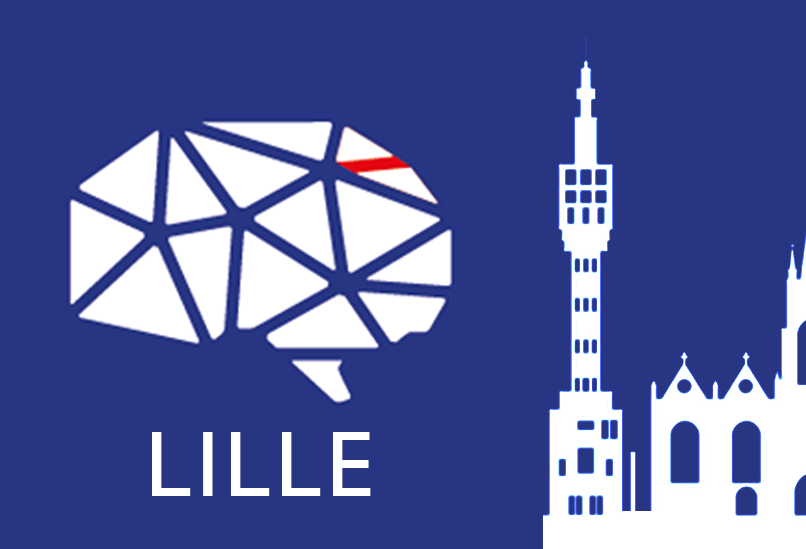
Led by Prof. Charlotte Cordonnier, the Lille Haemorrhagic Stroke research group is a multidisciplinary team, composed of clinicians and basic scientists dedicated to research on bleeding in the brain (micro and macro). Through a translational approach (animal models, clinical cohorts, and neuropathological investigations), we aim to deepen our understanding of pathophysiology and long-term consequences of bleeding in the brain. A special insight is given to acute tissue changes, interaction between CAA and cognition as well as the management of vascular risk factors (secondary prevention) after the bleeding.
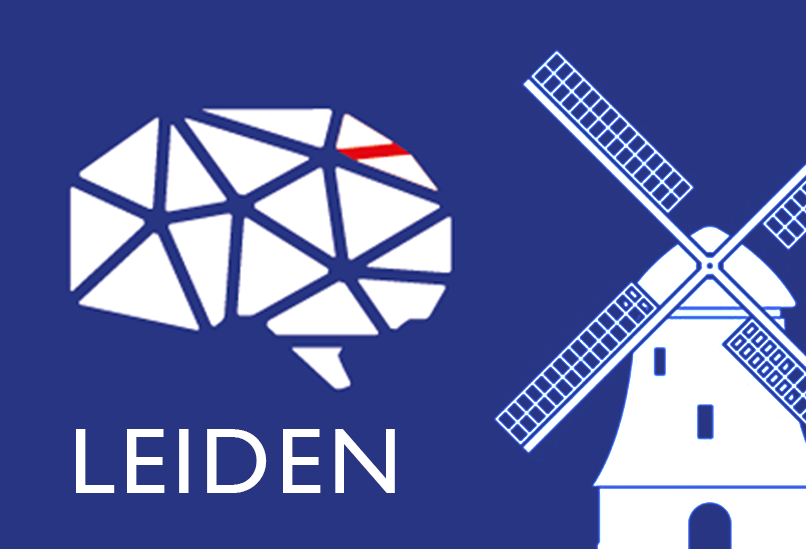
In addition to developing new neuroimaging tools to study sporadic CAA, the CAA research program in Leiden has a major focus on hereditary Dutch-type CAA (formerly known as HCHWA-D or the ‘Katwijkse ziekte’). See for more information: https://www.lumc.nl/org/neurologie/research/hchwad/.
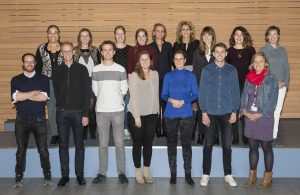
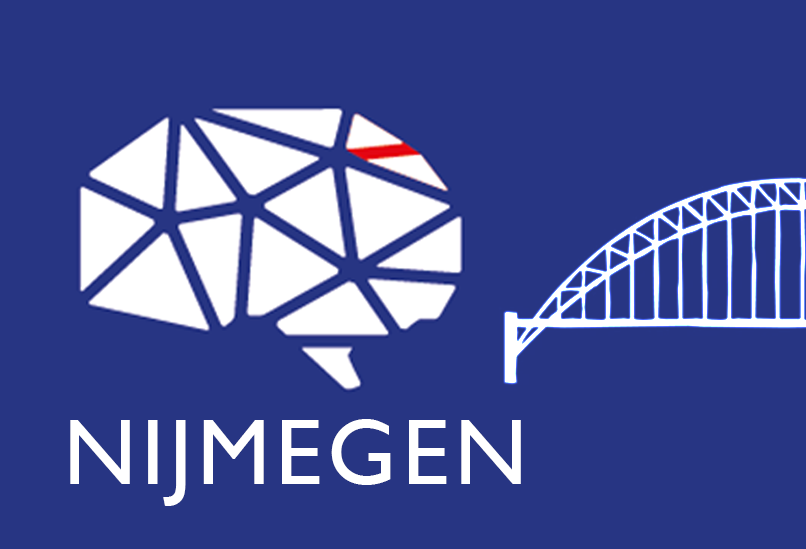
At Radboudumc, the research focus is two-fold. Firstly, we aim to find new body fluid and retinal biomarkers for sporadic CAA. We are focusing on biomarkers for different applications, e.g. to enable early detection of CAA, to track disease progression, to develop biomarkers that may enable patient selection in future treatment trials (for example, to exclude patients with a high CAA load from anti-amyloid immunotherapy trials because of the high risk of ARIA), and treatment monitoring. For this purpose, we have created a cohort of patients with CAA and healthy controls, which all underwent a standardized (extensive) MRI, lumbar puncture, venipuncture, neuropsychological and neuropsychiatric examination. In a smaller cohort, we have performed state-of-the-art retinal imaging. We use various techniques to study potential cerebrospinal fluid biomarkers, ranging from ELISA’s and ultrasensitive Simoa assays to mass spectrometry (both proteomics and metabolomics), and we aim to translate novel insights from animal models of CAA to human biomarker applications. Secondly, we aim to get more insight into the underlying pathophysiological mechanisms of CAA. We do so by using a variety of biochemical and cell biological approaches (using cerebral vascular cells as a model system). Moreover, by using an immunohistochemical approach, we try to unravel the molecular mechanisms that may explain why some patients with CAA develop an intracerebral haemorrhage whereas others do not. Ultimately, we hope to generate knowledge to enable the development of future treatment options.
See for more information: www.radboudumc.nl/BCS and www.radboudumc.nl/CAA

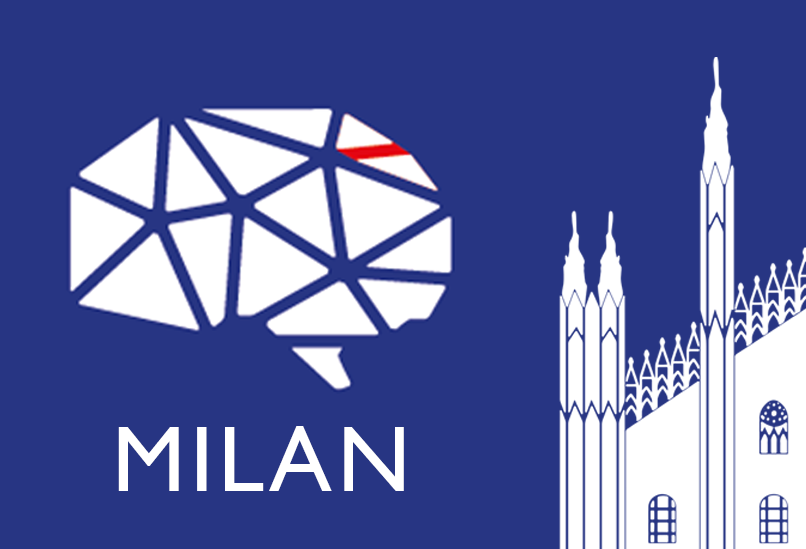
Led by Prof. Fabrizio Piazza, the inflammatory Cerebral Amyloid Angiopathy and Alzheimer’s disease Biomarkers International Network (iCAβ) initiative at University of Milano Bicocca (UNIMIB) is focused on the discovery and validation of biomarkers for the diagnosis, prognosis, and response-to-treatment monitoring of CAA-related inflammation and Amyloid-Related Imaging Abnormalities (ARIA) side events of immunotherapy trials for Alzheimer’s disease.
Initiated in 2012, the iCAβ Longitudinal Cohort Registry and Biorepository at UNIMIB represents a unique resource and environment for translational research in CAA and CAA-ri.
The Prof. Piazza Laboratory at UNIMIB is the National Coordinating Hub for CAA Research of the CAA Study Group of the Italian Society of Neurology-dementia (SINdem), the European Alzheimer’s Disease Centers of Excellence (EADC) Network, and the ICAA Association.
The multidisciplinary and interdisciplinary Team at UNIMIB is composed of clinicians, neuroradiologists, medical statistics, bioengineers, and basic and translational scientists dedicated to CAA research.
See for more information:
Website: https://sites.google.com/site/icabinternationalnetwork
Twitter: https://twitter.com/iCABNetwork
Facebook: https://www.facebook.com/icabinternational


Our team is led by Prof. Ralph Martins and is located at the Patricia and Ralph Sarich Neuroscience Research Institute, Perth Western Australia. Prof. Martins is a world leader in blood-based biomarkers for Alzheimer’s disease. Our Lab has been involved in CAA research since 2011, when the Dominantly Inherited Alzheimer Network (DIAN) Observational Study was launched and our team has access to individuals with D-CAA within DIAN.

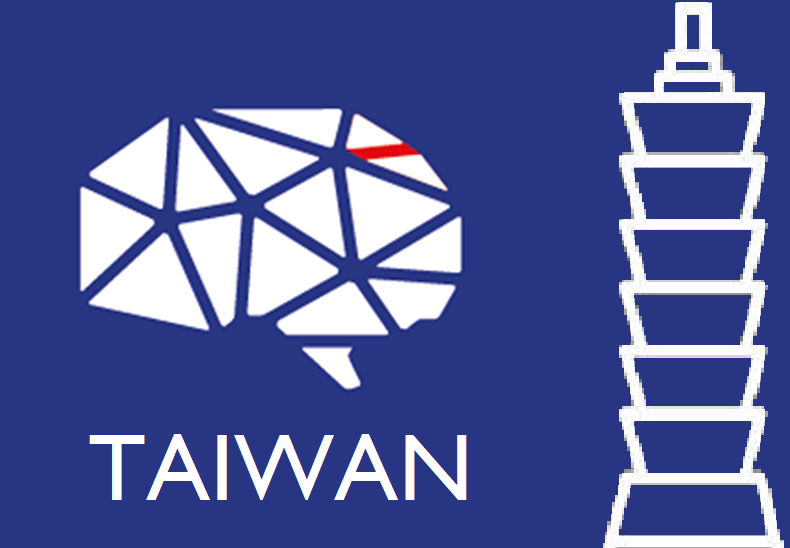
The CAA research program in National Taiwan University, currently led by Dr. Hsin-Hsi Tsai, is focused on the clinical diagnosis and neuroimaging features in Asian CAA patients. The multidisciplinary team includes neurologists, neurosurgeon, neuroradiologists, nuclear medicine specialists, bioengineers and clinical neuropsychologist who are devoted to the investigations of biomarkers, molecular imaging especially amyloid PET, and concomitant Alzheimer’s pathology in CAA. We also collaborate with basic scientists for translational animal model to investigate potential pathophysiological mechanisms and novel treatment targets.

